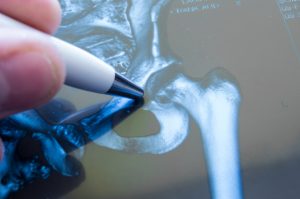
As we get older, our bodies weaken, bones become sore, and joints break down. Hip and knee problems are common conditions of aging. In fact, in the past decade millions of Americans have had hip replacement surgeries. Unfortunately, some defective artificial hips have caused patients more suffering than their original hip ailments. For one recent example, many patients who received the Birmingham Hip Resurfacing System by Smith & Nephew have had to undergo revision surgeries to cure new and unanticipated problems relating to the medical device. Many of these people have filed lawsuits.
Smith & Nephew’s Birmingham Hip Resurfacing System
Smith & Nephew designs and markets medical devices. One of the medical devices Smith & Nephew manufactures is a joint replacement system. An example of a joint replacement system is a hip implant. The Birmingham Hip Resurfacing (BHR) System is an artificial hip replacement made of metal components. BHRs have been used since 1997. The FDA approved BHRs for use in the United States in 2006; this approval was conditioned on Smith & Nephew reporting and analyzing adverse events, negative side effects, and complaints regarding the BHR. Just like any other medical device or medicine, the BHR must not provide false information (or false hope) to patients about what the device can accomplish.
 North Carolina Product Liability Lawyer Blog
North Carolina Product Liability Lawyer Blog

